
The New York Times:
The second night of Messrs. Abbey and Grau’s supplementary season of opera was devoted to a performance of Verdi’s “La Traviata,” an opera which has served a very agreeable purpose of late years as a vehicle for the display of Mme Adelina Patti’s voice and art. Of course, a large audience was present, and there was the customary display of curiosity as to Mme. Patti’s personal appearance, her costumes, and her diamonds. This is one of the penalties of greatness. People are always curious to know what a celebrity looks like, and it is Mme. Patti’s fate to draw to the Metropolitan Opera House hundreds of persons who do not know the story of so hackneyed a work as “La Traviata,” and who, therefore, divide their attention between their libretti and their opera glasses. It is a notable fact that curiosity always takes the place of enthusiasm with these persona at the beginning of the opera and only retires to a second place under the influence of a voice that is one of the wonders of its time; so that “Ah, fors e lui” gets less applause than the finale of the card scene.
Mme. Patti was in good voice last night and sang with her customary judgment. Time is very kind to her, or perhaps it would be more truthful to say that the old scythe bearer cannot compete with the artist’s admirable care of her precious organ of song and her perfect use of it. Last night the matchless beauty of that silver-flute tone, for which the most famous of all sopranos in the history of music has always been noted, seemed to be quite as rich as it ever was. There is no denying the fact that Mme. Patti’s upper register demands more restraint on the part of the singer than it used to, but the middle register is so lovely that the very small defects occasionally manifest in the highest notes may pass without comment.
As for the singer’s delivery, it is as perfect in its art as ever it was, and the art calls for all the more praise in that it never attempts anything beyond its scope. In spite of traditions to the contrary, we do not regard Violotta as one of the great prima donna’s most advantageous roles; but it is, nevertheless, one in which she is still able to delight, even those who have been familiar with her singing for a respectable number of years. She received last night the customary tributes of flowers and applause, and, as usual, introduced her favorite addition to the music of Italian opera, “Home, Sweet Home.”
On this day in 1970 tenor Nico Castel made his Metropolitan Opera debut as Don Basilo in Le nozze di Figaro.
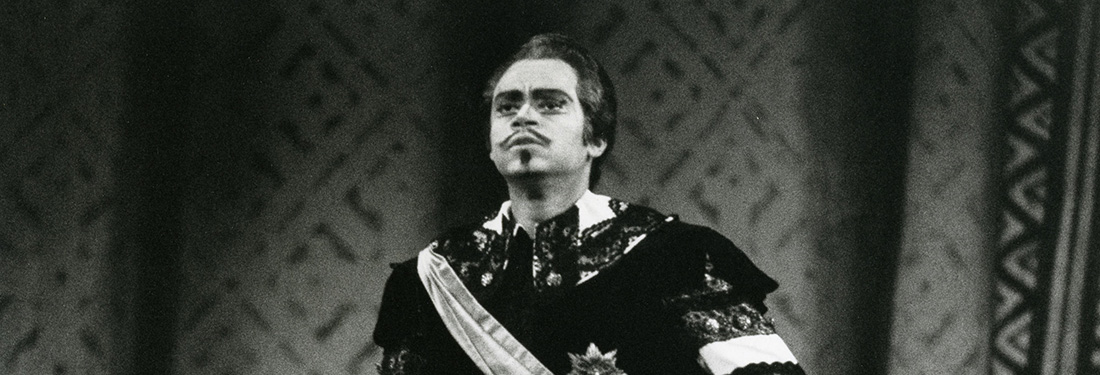
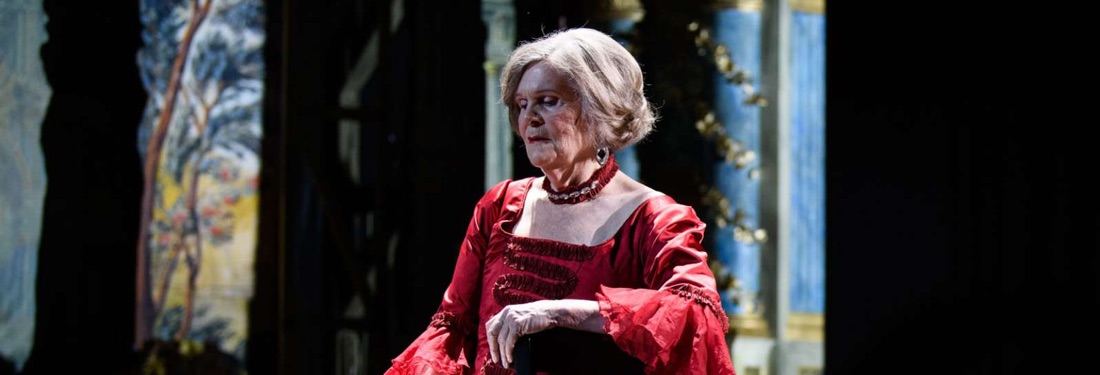


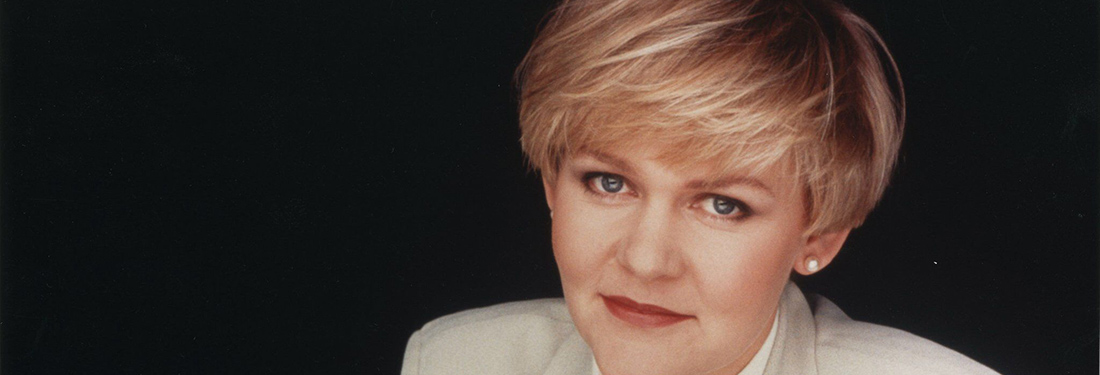
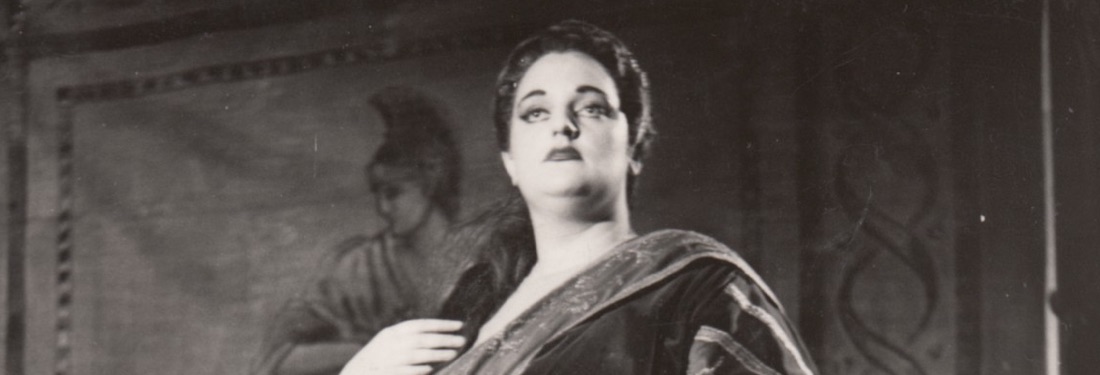

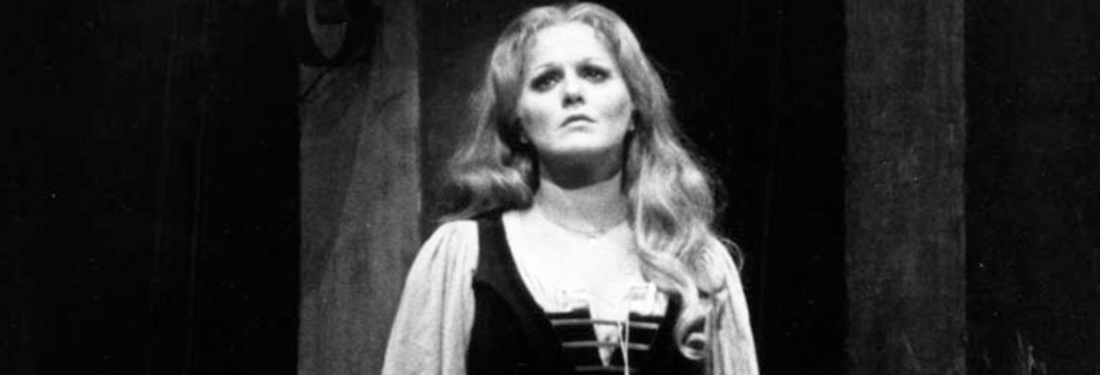

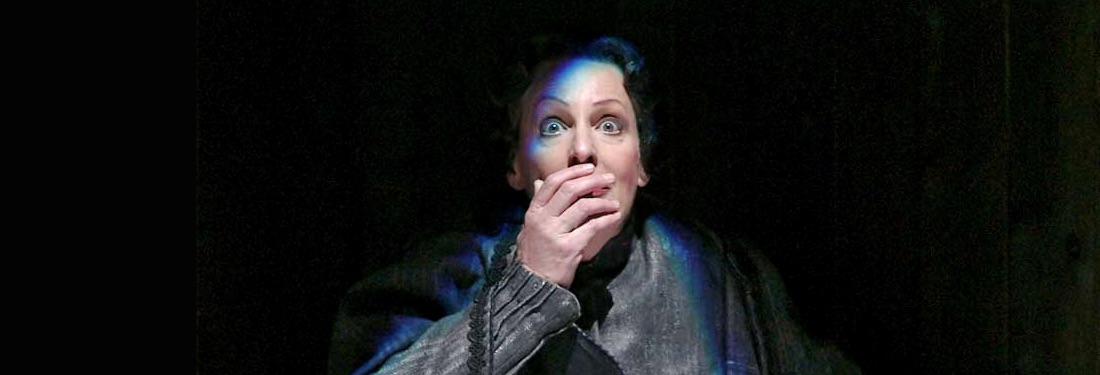
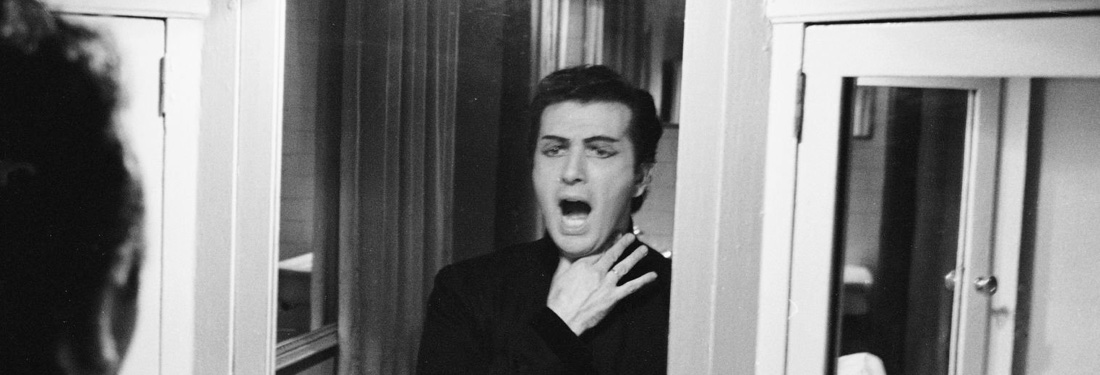
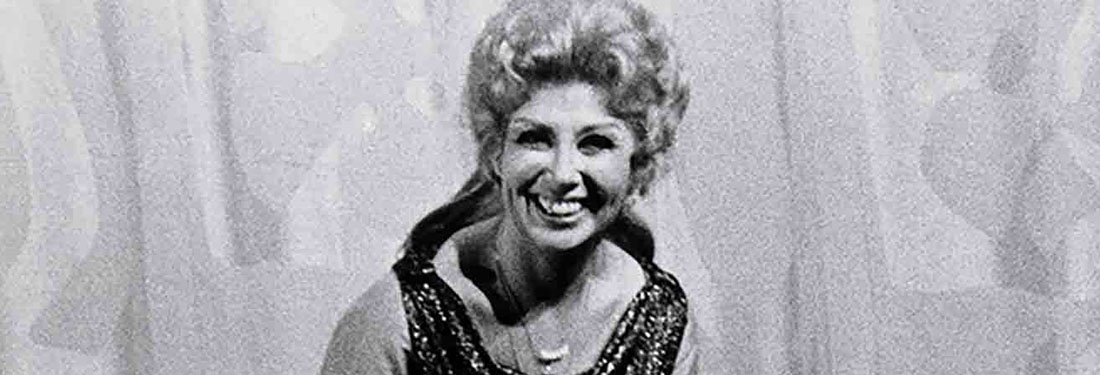

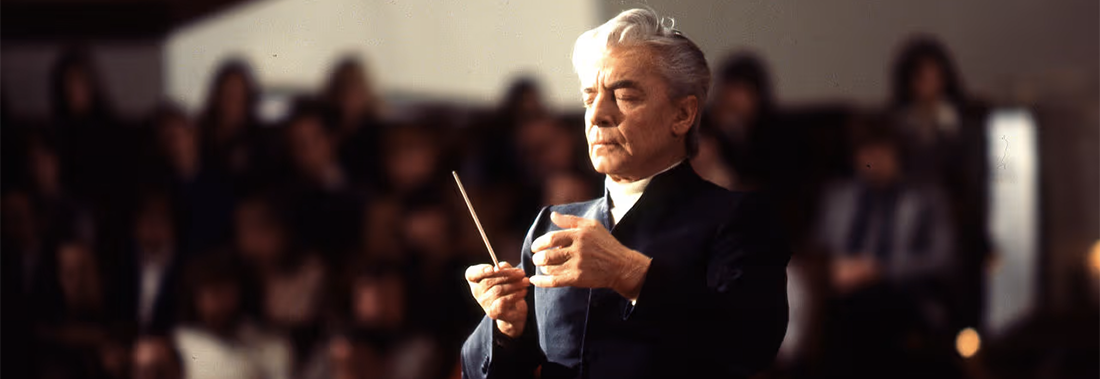










Comments